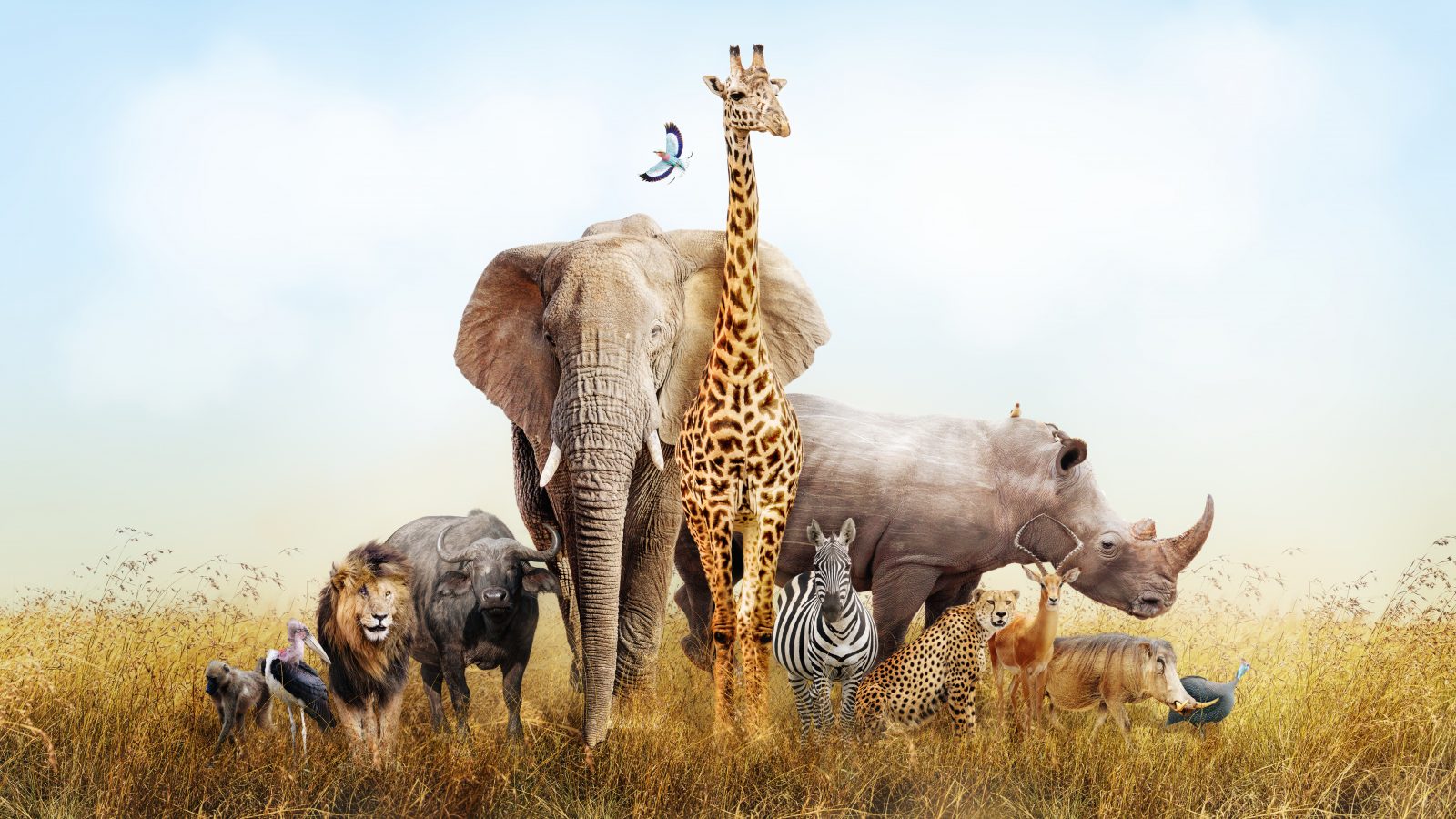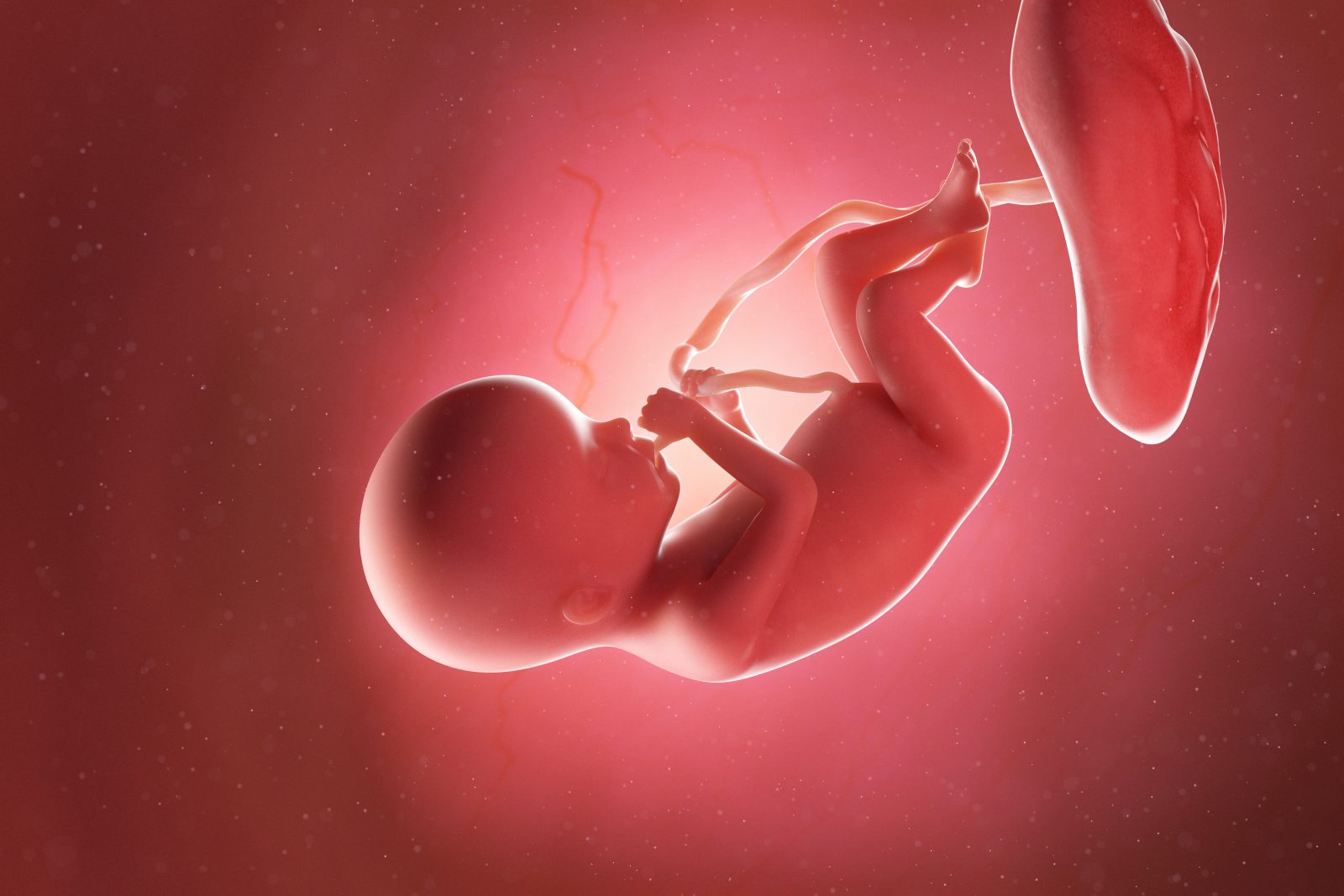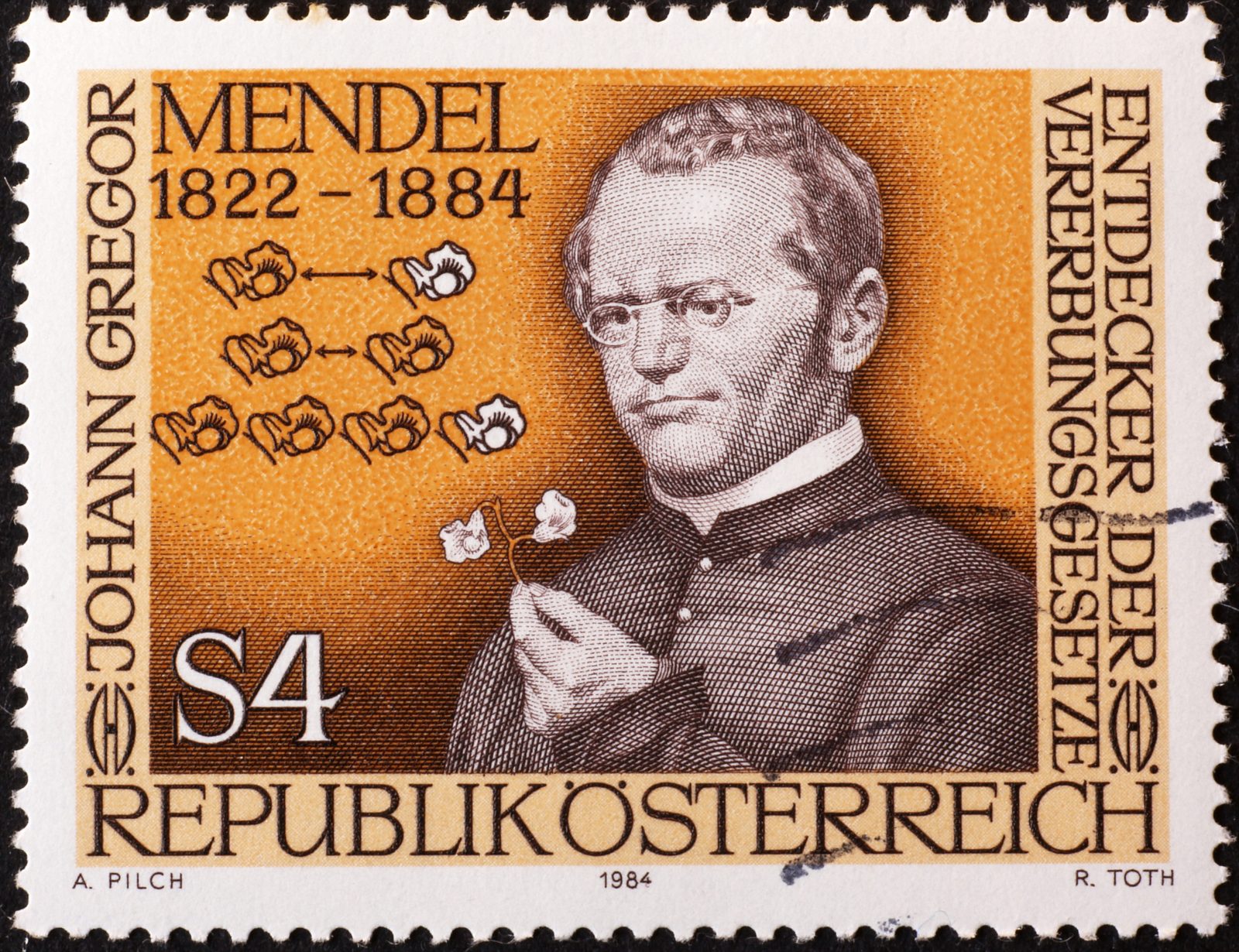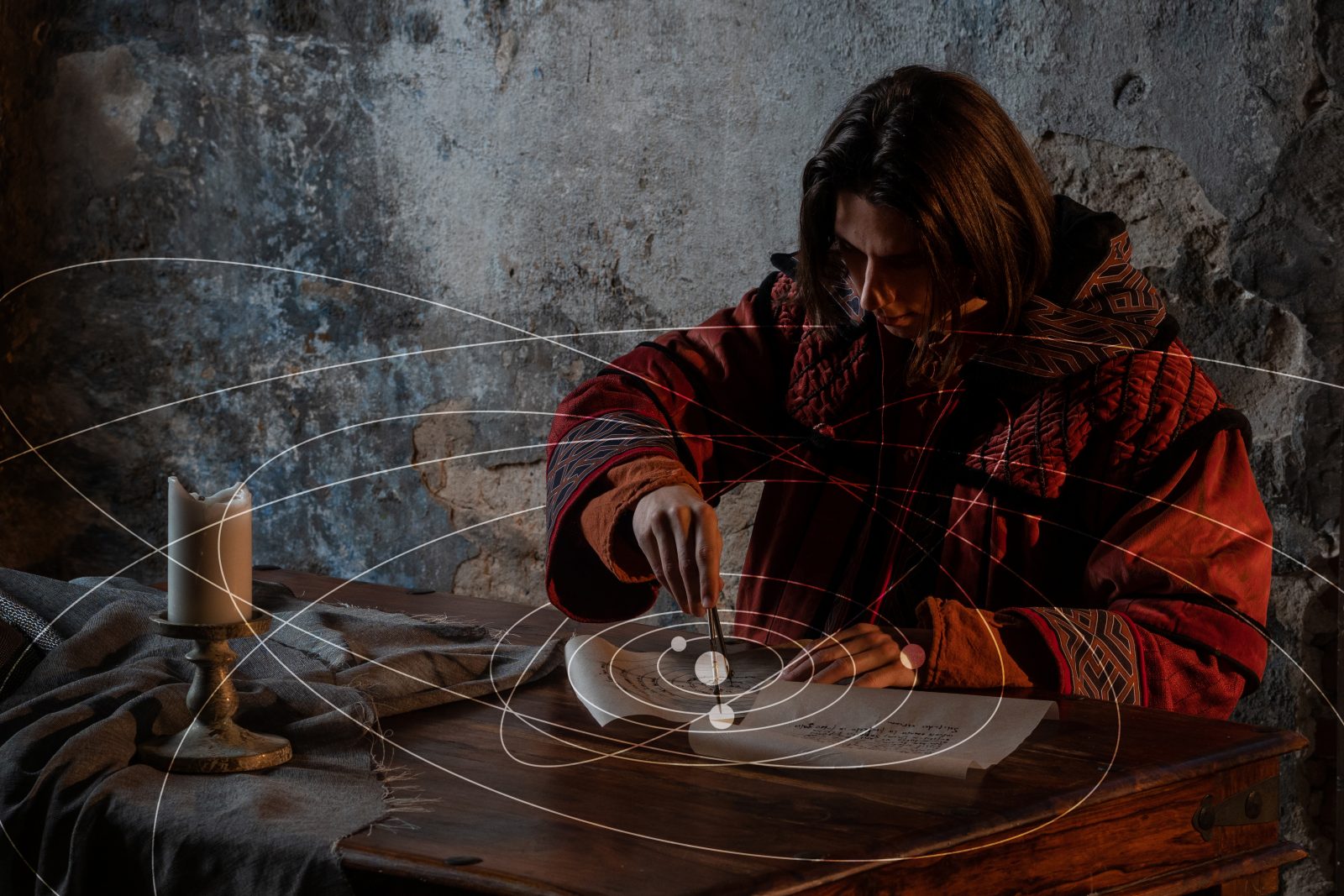
Michael Denton on Predetermined Body Plans and Primal Patterns
On this classic ID The Future, biologist Michael Denton discusses the implications of recurring animal body plans, arguing that they are predetermined types undergirding less fundamental “adaptive masks.” Denton questions the ability of a Darwinian process to account for these high-level patterns found in living systems, such as the recurring body plan of insects. Denton suggests instead that these recurrent forms extend from original “primal patterns,” much as argued by such nineteenth-century opponents of Darwinism as Richard Owen and Louis Agassiz. Denton says their arguments were brushed aside by those fixated on a Darwinian/adaptationist model, but never effectively answered. Dr. Denton is author, most recently, of the capstone work in his Privileged Species series, The Miracle of Man: The Fine Read More ›






